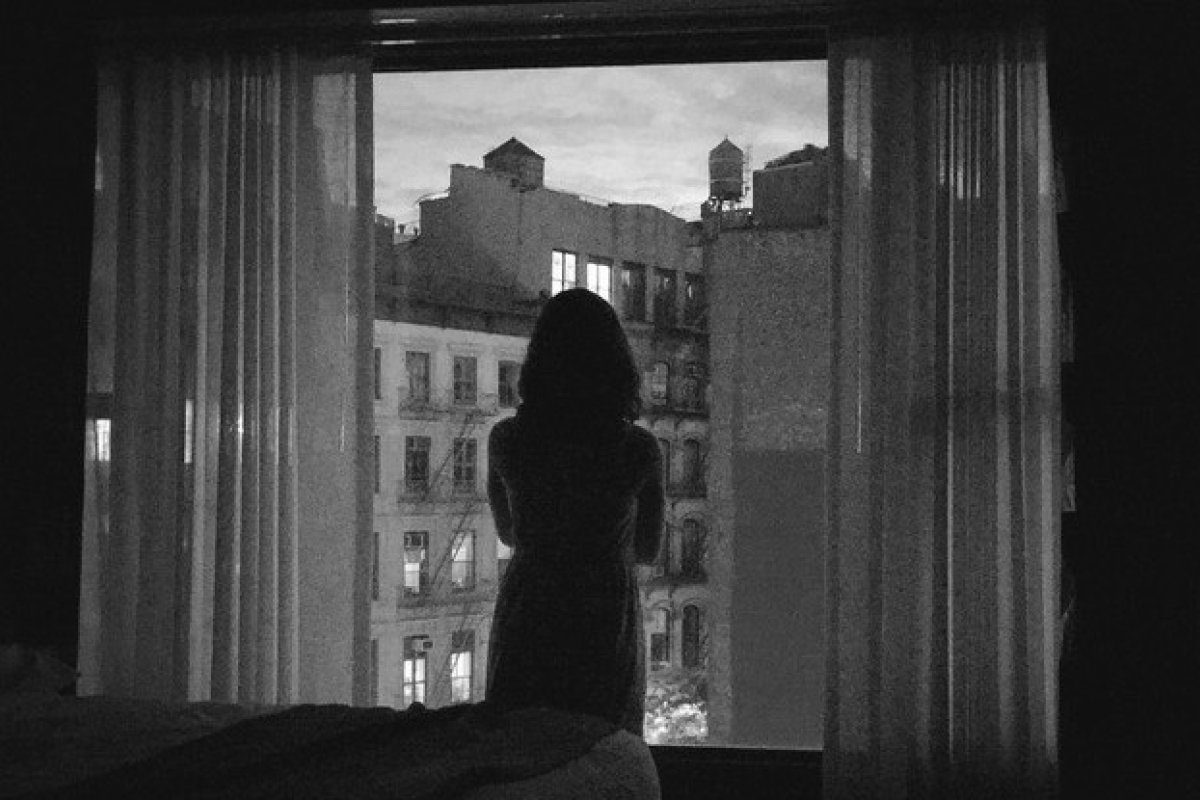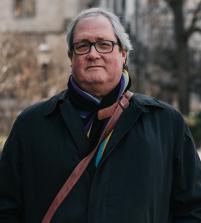
The Coronavirus and Us
Exploring the "ultimate dimensions" of COVID-19 as Americans prepare themselves for a season of quarantine and isolation
The constantly evolving news regarding the coronavirus is largely, and appropriately, couched in medical and scientific terms. What we can and cannot know about it, what we should do to avoid it and—at least as important—to contain or limit its spread, are matters to which medical science speaks, and we should all listen. These are the proximate, immediate dimensions of an epidemic, and they merit full and explicit address.
Lurking in the not distant background, however, are this epidemic’s ultimate dimensions. As we learn what we can, and as individuals and social systems begin haltingly or earnestly to follow the best practices to limit the spread of the virus, we also will begin to ponder what is happening and what it means. The import of the coronavirus will not be exhausted by its medical resolution. Even as we hopefully await its resolution—in a state of isolation or quarantine, or at a minimum of “social distancing”—we will live and need to reckon with a solitude that neither medical science nor social media can fully address.
One resource for this enforced solitude might be found in two short books written in direct response to the cataclysmic Lisbon earthquake of 1755. That catastrophe was considerably less subtle than the coronavirus: abrupt and literally seismic, it was a natural eruption that forged fissures in a major city and what we now call tsunamis in the oceans. Its reverberations were literal, immediate, and concretely disruptive.
Arguably the first globally referenced natural disaster, Lisbon’s earthquake commanded widespread attention and consideration. Often taken as a literal index for the modern world’s engagement of the ancient question of theodicy, polemicists of all persuasions did not hesitate to invoke it for their contradictory purposes. (By contrast, the philosopher Immanuel Kant assembled all the data he could about the earthquake, and composed an astute, if today little read account that anticipated the science of seismology.)
Better known to subsequent generations are two treatises each published exactly four years after the earthquake by two individuals of greatly variant perspective who sought to address the earthquake’s import for human existence.
One is Voltaire’s Candide, or Optimism, a satire of what Voltaire regarded to be the untenable yet tenaciously held claim that, to quote the words repeatedly uttered by its philosopher Pangloss, human beings live in “the best of all possible worlds.” Voltaire has Pangloss maintain this claim over the course of approximately one hundred pages that document the increasing deprivation encountered by Pangloss’s friend and credulous student, Candide, in the aftermath of the Lisbon earthquake. Ongoing illness, famine, and a case of syphilis do not deter Pangloss as he continues to spin elaborate sophistries to support his claim that even amidst these sufferings, theirs is “the best of all possible worlds.”
Voltaire concludes Candide with a decisive rebuke to Pangloss. The previously compliant Candide and his few remaining counterparts, finding themselves in a state of exhausted resignation, resolve that their best recourse is “to work without speculating” because “it’s the only way of rendering life bearable.” The final, famous coda is provided by Candide himself: “we must cultivate our garden.”
The other resource for us, also published in 1759, is Samuel Johnson’s The History of Rasselas, Prince of Abissinia. Johnson’s concern is not a philosophical system. Instead Johnson seeks to excoriate human vanity, in particular our presumption that the purpose of life is our individual and collective happiness. In Johnson’s narrative, Rasselas and his teacher Imlac discover that to make happiness the chief end of life is to follow a path of continual frustration and, ultimately, failure. Johnson writes to admonish those “who listen with credulity to the whispers of fancy,” and “who expect that age will perform the promises of youth, and that the deficiencies of the present day will be supplied by the morrow.” To act on the premise that progress is a realistic expectation is to deny the constants of human life.
Unlike Voltaire, Johnson was not writing a satire; also unlike Voltaire, Johnson was less of an enemy of religion, specifically Christianity. Johnson thought that religion, rightly understood—a crucial qualification for him—was the best counsel against human vanity. Johnson chose to ventriloquize in Rasselas the wisdom of the Old Testament, while situating his tale in Ethiopia. An anti-colonialist, Johnson saw the “vanity of vanities” in the individual and in the state. Good religion not only counsels the individual against such delusion but names its promulgation by the state.
Voltaire in France and Johnson in England wrote, from the perspective of four years, about a disaster of transnational impact in Portugal. We now face an unfolding pandemic of unknown duration and largely speculative impact. But we will need to balance productive solitude with strategic public action. Taken together, Candide and Rasselas afford resources to face that future and the decisions it will demand. At stake are fundamental questions about the marks of civilization—political, religious, ethnic, social. Rather than merely being alone, let us find solitude by the cultivation of our respective gardens, and let us act on the recognition that our individual happiness is a matter of vanity and of secondary import to a needful world.
We do not live in the best of all possible worlds. But that fact is of negligible import to the obligations we have to the world we do inhabit. And for the foreseeable future, that world has decisively gone viral. ♦
Sightings is edited by Joel Brown, a PhD Candidate in Religions in the Americas at the Divinity School. Sign up here to receive Sightings via email. The views and opinions expressed in this article are those of the author and do not necessarily reflect the position of the Marty Center or its editor.
Image: A woman looks out on her Italian town on lockdown. (Photo: Cyndi Monaghan)


